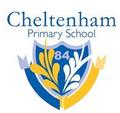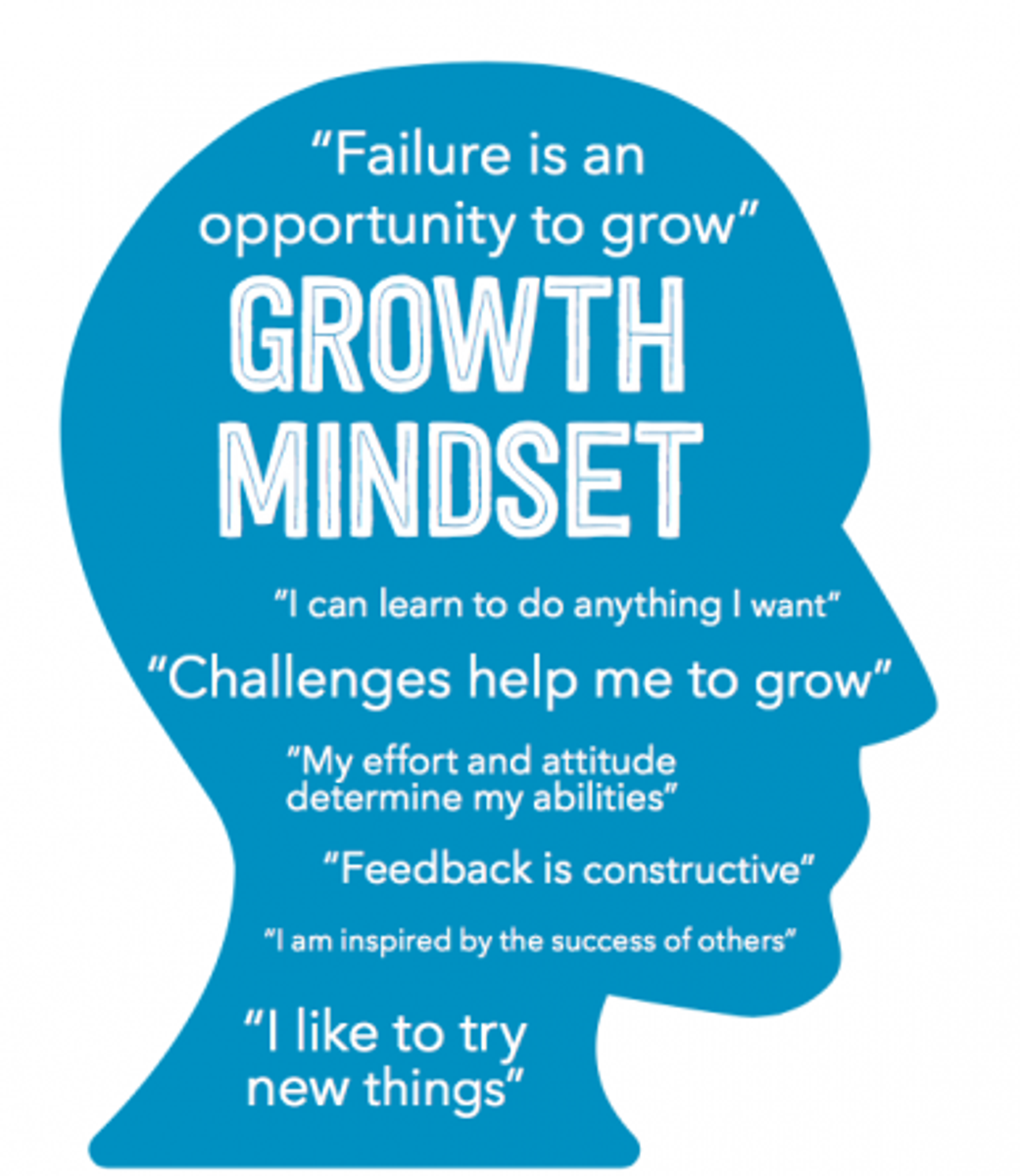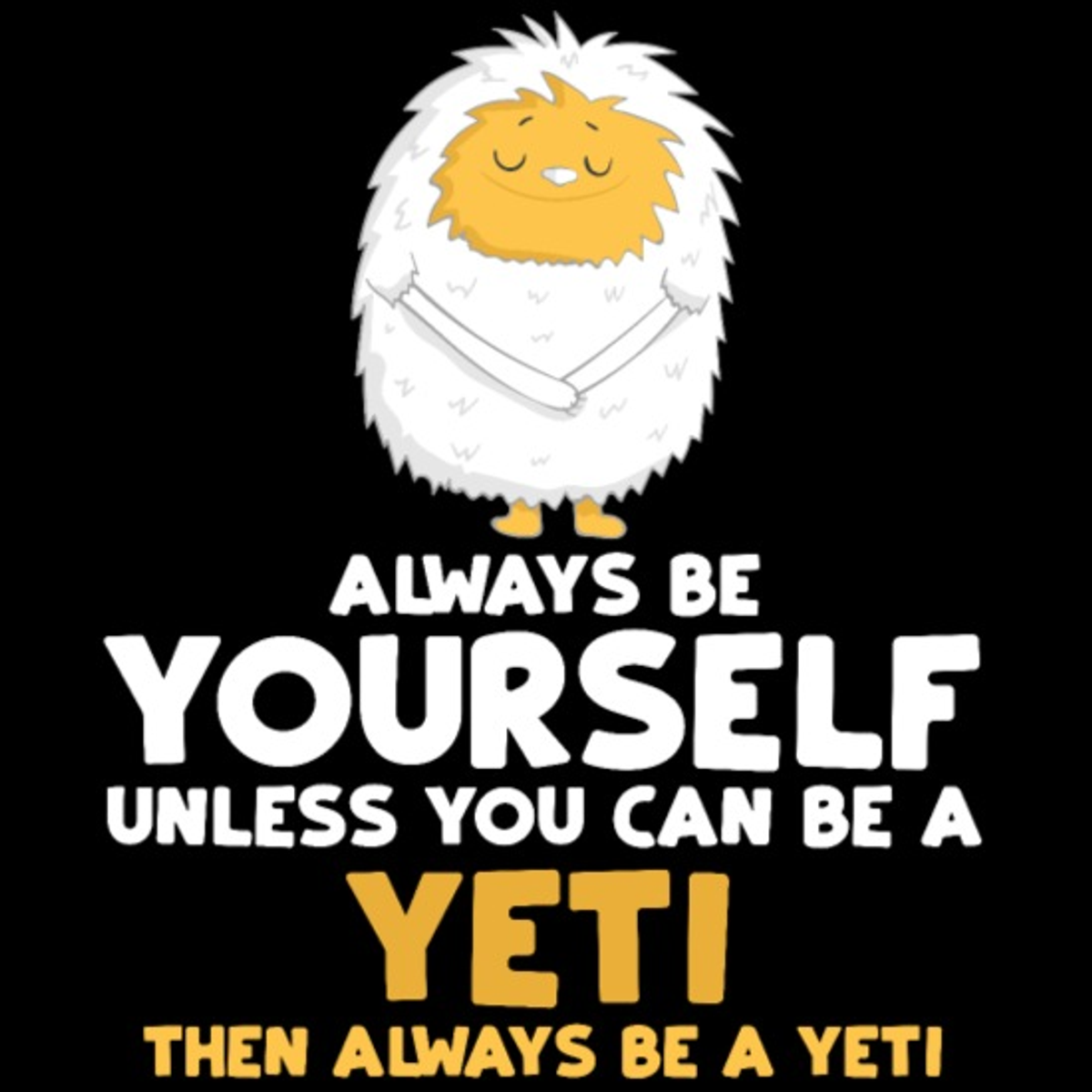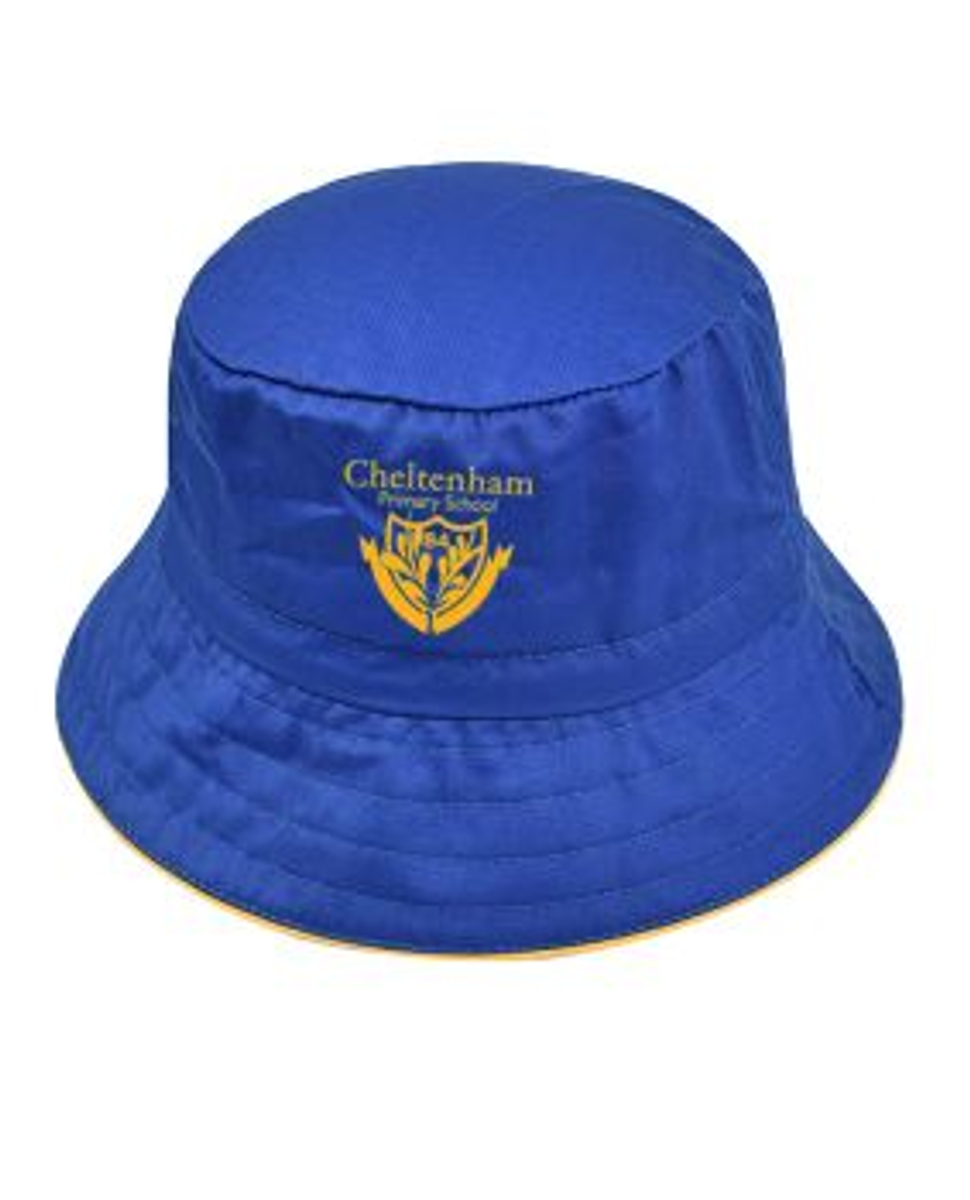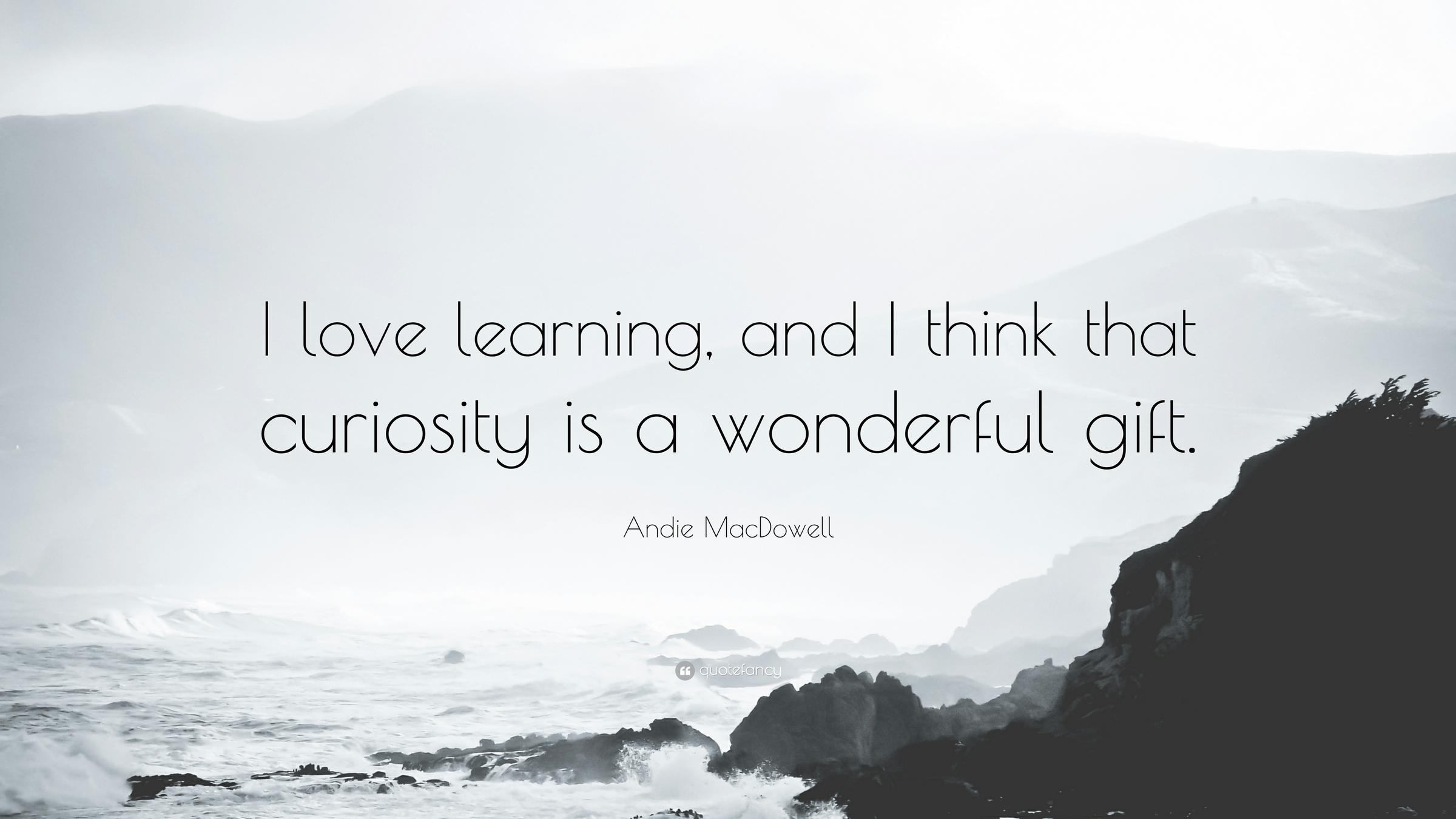
Year 2
Willkommen, all Year 2 families.
It has been a delight to see so many happy and excited faces each morning. The return to school after the holidays can be a challenge, but our Year 2s have been fantastic, turning up with dedication and determination.
We have begun the year establishing routines and expectations within the classroom, which will set us up for a successful year. In particular, we have discussed the benefits of a growth mindset, looking at ways we can reflect on challenges and with the power of ‘yet’ we can view an impossible or difficult task as an opportunity to learn, grow and think outside the box. As we progress through the year, we’ll continue to reflect on our growth mindset and ways we can problem solve.
Our School Sun Smart Policy requests that students wear their hats to school from September first to May first. Hats should be worn to and from school, as well as during play times or lessons taking place outside. Any students not wearing their hat, will need to ensure they stay within the designated shady spots. E.g the sandpit or Junior School Playground.
Reading/ Writing
For Reader’s Workshop, we are excited to announce a focus on independent reading and self-selected texts. Choosing their reading material ensures your child has a level of control to select a book that interests them. The next step is to ensure their selection offers an appropriate amount of challenge. After all, reading is like solving a puzzle. If it’s too easy, growth will be limited. We want our students to understand that reading involves paying attention, choosing strategies, and thinking about what was read. We will be discussing with our students that reading requires an active mind. It’s a problem-solving task!
Our Writer’s Workshop sessions will focus on the art of recount and narrative writing. Students will learn to craft compelling stories, paying close attention to word choice and descriptive writing that can bring their narratives to life. We are big believers in encouraging creativity in wordplay! This will enhance their writing skills and contribute to a deeper understanding of the texts they encounter in their independent reading.
Thank you for your ongoing support in nurturing a love of literacy in our students!
Phonics/ Spelling
Our phonics lessons are taught in an explicit and systematic way (from simple to complex) ensuring students get the best possible foundation for future learning. Students will deepen their understanding of the sounds (phonemes) that letters and letter combinations make, as well as their alternative sounds.
This year we will introduce more complex sound and letter combinations, as well as new spelling rules that make up our English language. Students will learn, practise and apply these new skills to their reading and writing, whilst continuously consolidating their developing skills.
Term 1 will focus on long vowel sound combinations, consonant clusters and consonant digraphs.
Phonics work:
- Long a spelling - ai, ay, a_a
- Long e spelling - ee, ea, ey & e_e
- Long o spelling - oa, ow, oe, o, o_e
- Long i spelling - ie, igh, i_e
- Blends scr-, shr-, spl-, str-
- Revision of Consonant digraphs -sh, ch, th, ph, wh
- oo ( can make a long sound (moon) and a short sound (cook).
Inquiry: Up, Down and All around
Our Inquiry topic for Term 1 is a focus on the observable details and changes around us. Students have already discussed what causes day and night, as well as what makes a year, referring to the spin of the Earth and its orbit around the sun. We will observe, compare and discuss how our environment changes, in particular between different seasons, including indigenous seasons, different locations within Australia and abroad, and how changing weather affects the lives of humans and animals.
This topic will be boosted by our Cosmo Dome incursion on Tuesday 20th February.
Zones of Regulation
The Zones of Regulation is a curriculum framework designed to help students better understand and manage their emotional responses, and develop self-regulation skills.
Students will learn to classify their feelings and energy levels into four coloured zones:
- Green zone - ready to learn, calm, happy, focussed
- Yellow zone - some control, excited, nervous, frustrated
- Blue zone - moving slowly, sad, tired, sick.
- Red zone - out of control, terrified, angry, elated, mad.
Students are being encouraged to identify which zone they are in and start to use tools to be in the appropriate zone for the moment.
Homework
From Monday 19th February, Year 2 daily reading will commence. Students will bring home two levelled reading books, and we ask parents/ guardians to read for approximately 10 minutes with their child and record the title and pages read in the Resilience Project Diary. These will then be returned to school each MOnday, when new books will be selected.
Named Belongings
We thank our families for ensuring all student belongings are named, including water bottles, lunch boxes and containers, hats, and all items of clothing, especially hats and jumpers.
Fruit Snacks
Please remember that fruit and vegetable snacks provide additional nutrition that supports and promotes brain function and focus, and as such, should be fruits or vegetables, avoiding sugary snacks, which we have seen more abundantly of late.
Thank you for your continued support and we loo forward to working with you throughout the year.
Kind Regards
John O'Boyle (2A), Carly Toister & Emma Pfeiffer (2B) and Tanya Wells (2C)
